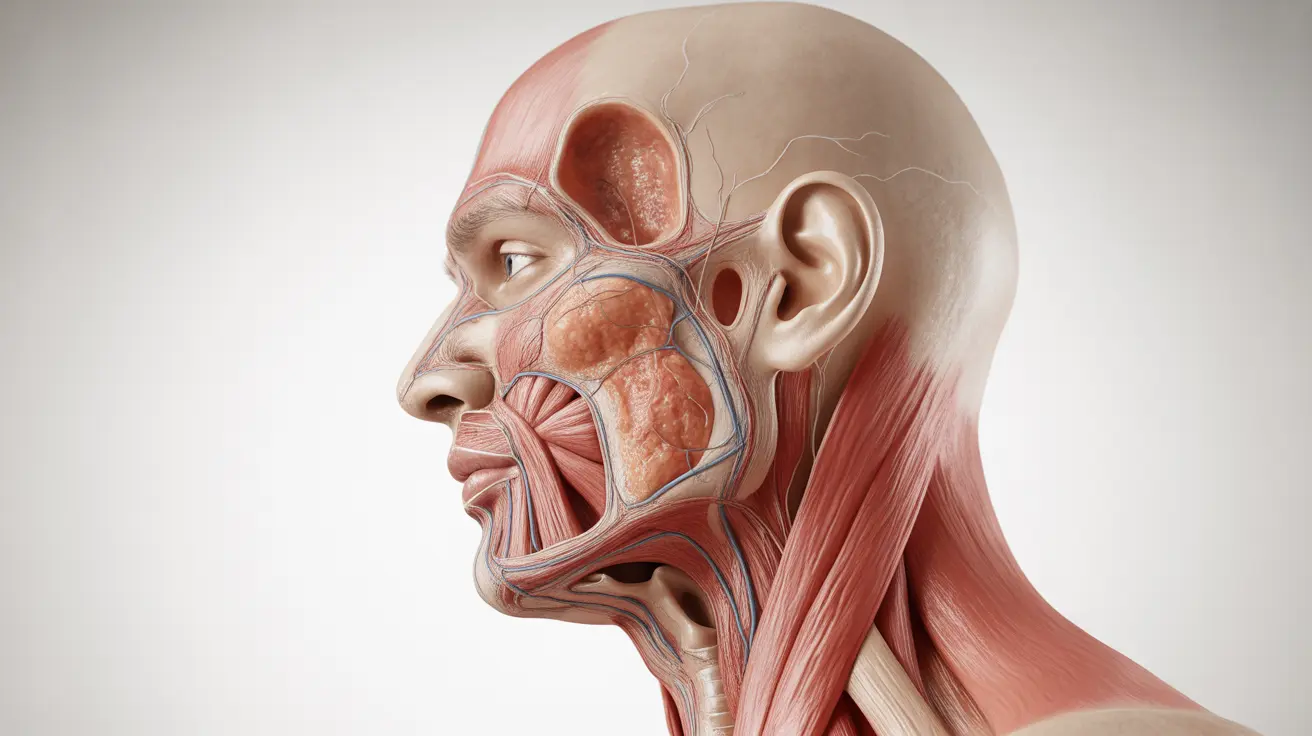Living with hyperthyroidism can significantly impact your muscle health, leading to uncomfortable symptoms that affect daily activities. When your thyroid produces excess hormones, it can cause various muscle-related complications, including pain, weakness, and stiffness. Understanding these symptoms and available treatments is crucial for managing your condition effectively.
This comprehensive guide explores the connection between hyperthyroidism and muscle problems, including diagnosis approaches, treatment options, and supportive therapies to help you regain muscle strength and function.
Understanding Muscle Symptoms in Hyperthyroidism
Hyperthyroidism can cause several distinct muscle-related symptoms that may interfere with your daily activities. Common manifestations include:
- Proximal muscle weakness, particularly in the shoulders and thighs
- Muscle pain and tenderness
- Difficulty climbing stairs or rising from a seated position
- Muscle fatigue during routine activities
- Tremors and muscle twitches
- Reduced grip strength
These symptoms occur because excess thyroid hormones can affect muscle protein synthesis and breakdown, leading to muscle dysfunction and weakness.
Diagnosing Hyperthyroid Muscle Problems
Healthcare providers use various approaches to diagnose muscle issues related to hyperthyroidism:
Physical Examination
Your doctor will assess muscle strength, reflexes, and overall physical function through specific tests and observations.
Laboratory Tests
- Thyroid function tests (TSH, T3, T4)
- Creatine kinase levels
- Electromyography (EMG)
- Muscle biopsy (in severe cases)
Treatment Approaches for Muscle Pain
The primary goal of treatment is to restore normal thyroid function, which often leads to improvement in muscle symptoms. Treatment options include:
Medical Management
Antithyroid medications are typically the first-line treatment to regulate thyroid hormone levels. Common options include methimazole and propylthiouracil (PTU).
Physical Therapy
Targeted exercises and stretching programs can help maintain muscle strength and flexibility during treatment. A physical therapist can design a program suited to your capabilities and needs.
Supportive Care
Additional measures to manage muscle symptoms may include:
- Gentle exercise routines
- Heat therapy for muscle pain
- Adequate rest periods
- Proper nutrition and hydration
- Stress management techniques
Recovery Timeline and Expectations
Most patients begin to notice improvement in muscle symptoms within several weeks to months after starting treatment for hyperthyroidism. However, complete recovery can take longer, depending on the severity of symptoms and how quickly thyroid levels normalize.
Frequently Asked Questions
What are the common muscle symptoms caused by hyperthyroidism and how do they affect daily activities?
Common symptoms include muscle weakness, particularly in the thighs and shoulders, difficulty climbing stairs, reduced grip strength, and fatigue during routine activities. These symptoms can make everyday tasks challenging and may affect work and exercise capacity.
How is hyperthyroid myopathy diagnosed and what tests are used to evaluate muscle pain and weakness?
Diagnosis involves physical examination, thyroid function tests, creatine kinase measurements, and sometimes EMG studies. In some cases, muscle biopsy may be necessary to rule out other conditions.
What are the main treatment options for muscle pain and weakness caused by hyperthyroidism?
The primary treatment focuses on controlling thyroid hormone levels through antithyroid medications. This is often complemented by physical therapy, targeted exercise programs, and supportive care measures.
How long does it typically take to recover muscle strength after starting treatment for hyperthyroid myopathy?
Initial improvement usually occurs within weeks to months of starting treatment. Complete recovery depends on how quickly thyroid levels normalize and may take several months to a year.
Are there any supportive therapies besides thyroid medication that can help relieve muscle pain and stiffness in hyperthyroidism?
Yes, supportive therapies include physical therapy, gentle exercise programs, heat therapy, proper rest, nutrition, and stress management techniques. These complement medical treatment and can help improve muscle comfort and function.




